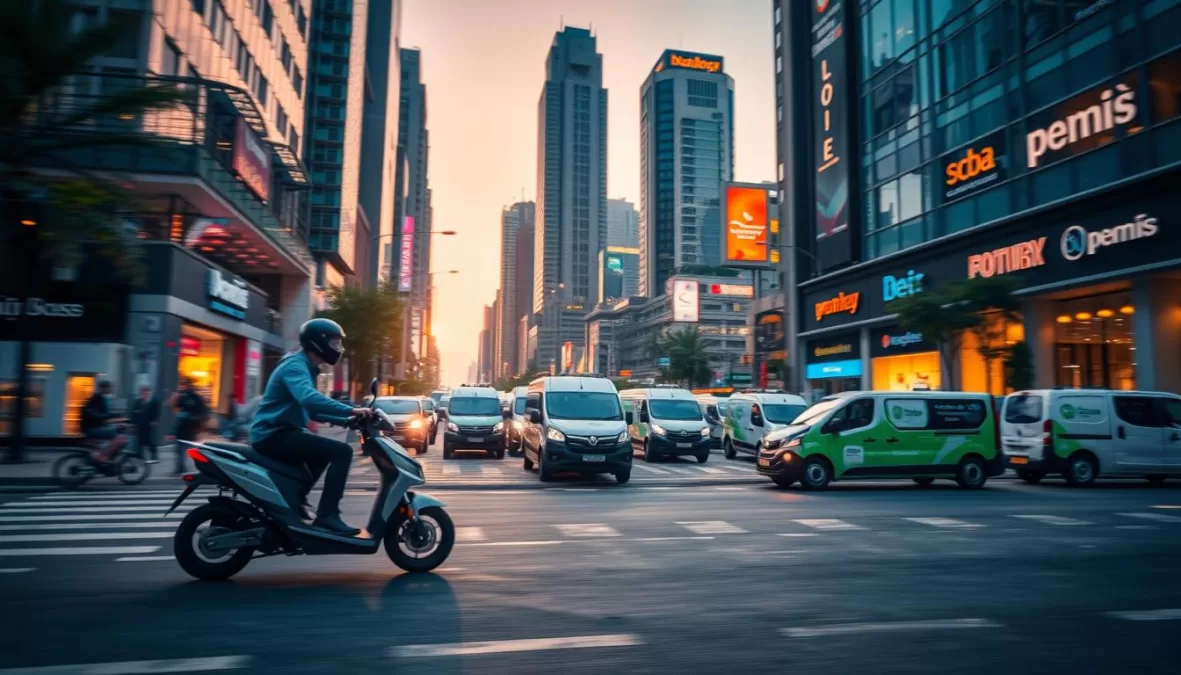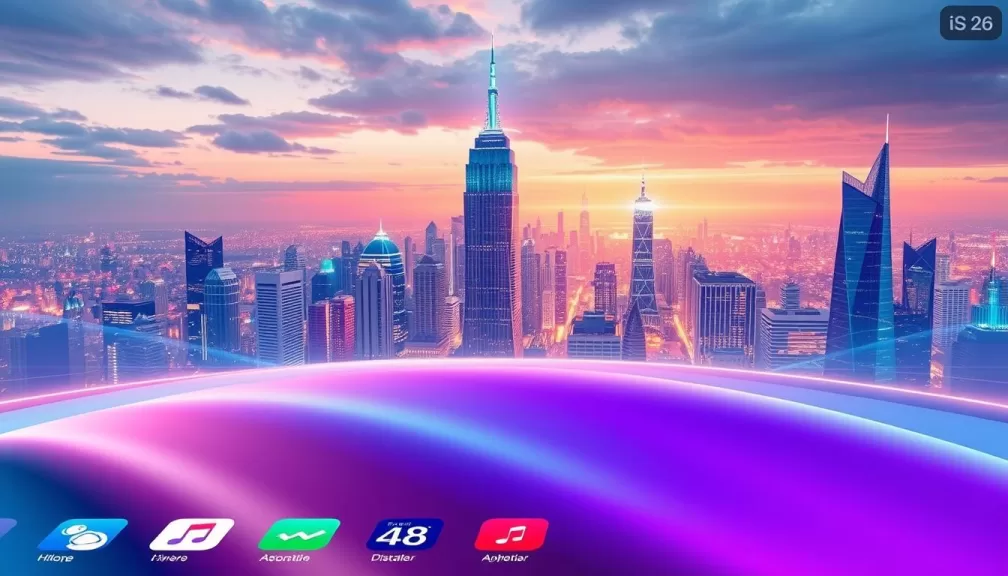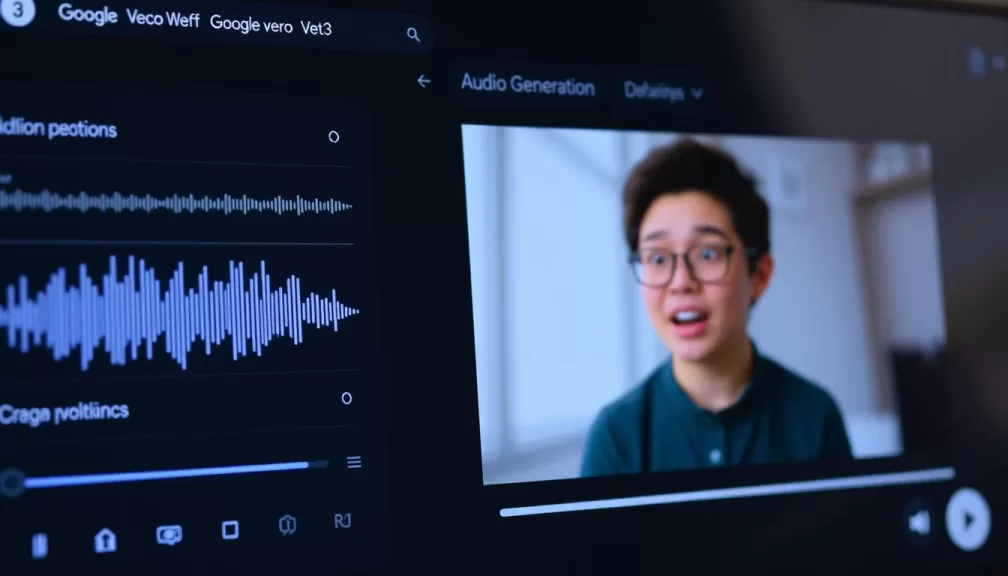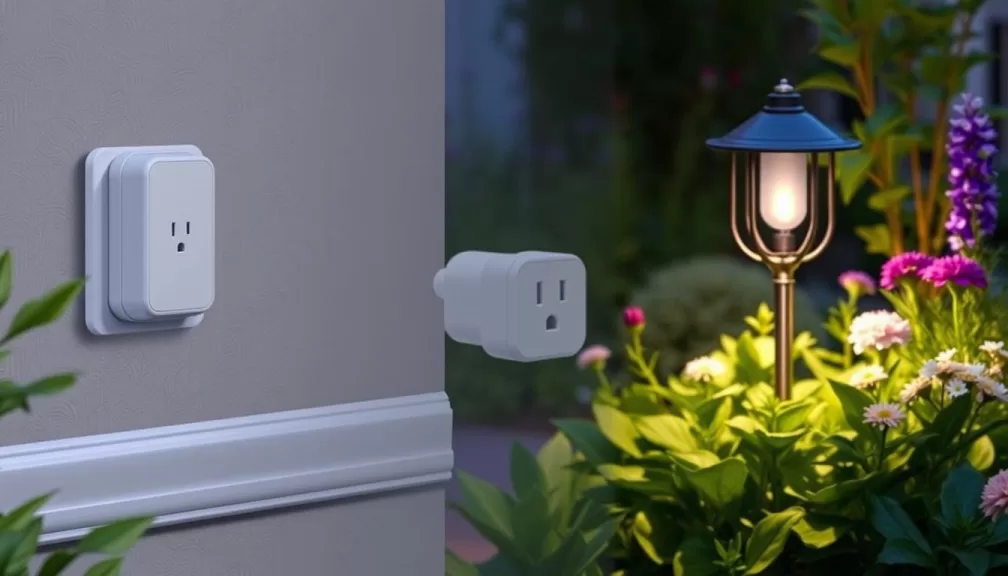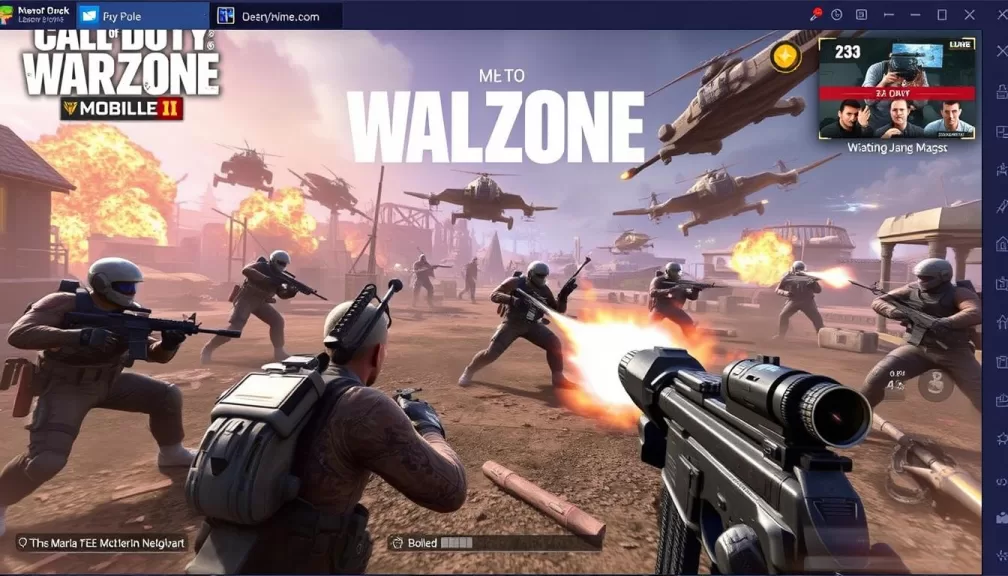The rise of quick commerce has revolutionized the way urban consumers in India shop, redefining convenience and transforming the retail landscape.
The commerce market has experienced a significant surge, growing from nearly $1 billion to about $6-7 billion between 2022 and 2024. This boom is driven by the demand for instant delivery, heavy investor funding, and the expansion of on-demand delivery apps into groceries and essentials.
As a result, quick commerce services now account for over two-thirds of all e-grocery orders. This shift has transformed the way consumers shop, making it faster and more convenient.
Key Takeaways
- The quick commerce market in India has seen tremendous growth.
- Instant delivery is a key driver of this growth.
- Quick commerce services now dominate e-grocery orders.
- The sector is expected to continue its rapid expansion.
- Urban consumers are driving the demand for quick commerce.
Understanding Quick Commerce in India
India’s e-commerce sector is witnessing a significant shift with the advent of quick commerce. This emerging trend is transforming the way people shop online, with a focus on speed and convenience.
What is Quick Commerce?
Quick commerce refers to the rapid delivery of products, often within minutes or a few hours. It relies on dark stores (small, strategically located warehouses in urban areas), AI, and data analytics for demand forecasting and optimizing inventory. Efficient last-mile logistics networks ensure speedy delivery.
How Quick Commerce Differs from Traditional E-commerce
The fundamental difference between quick commerce and traditional e-commerce lies in the delivery timeframe. Quick commerce operates with a limited but curated inventory, utilizing hyperlocal dark stores and prioritizing speed over cost efficiency. In contrast, traditional e-commerce typically offers a wider product range and optimizes for cost efficiency in delivery.
| Feature | Quick Commerce | Traditional E-commerce |
|---|---|---|
| Delivery Timeframe | Minutes to a few hours | Hours or days |
| Inventory | Limited, curated | Wide product range |
| Logistics | Hyperlocal dark stores | Centralized warehouses |
The Rise of Quick Commerce in India
Quick commerce in India has seen a remarkable rise, transforming the e-commerce landscape. This growth is driven by changing consumer behaviors and technological advancements.
Factors Driving the Growth
Several factors are contributing to the rapid expansion of quick commerce in India. These include the increasing demand for convenience, the proliferation of smartphones, and improved logistics infrastructure. The ability to receive orders within minutes is a significant draw for consumers, especially in urban areas.
- Rising urban consumerism
- Advancements in logistics and delivery systems
- Increased investment in the quick commerce sector
Market Size and Potential
The Indian quick commerce market has grown exponentially, from approximately $1 billion in 2022 to an estimated $6-7 billion by 2024. This rapid growth trajectory is expected to continue, with projections suggesting the market could reach $15 billion by 2025.
| Year | Market Size (in billion $) |
|---|---|
| 2022 | 1 |
| 2024 | 6-7 |
| 2025 | 15 (projected) |
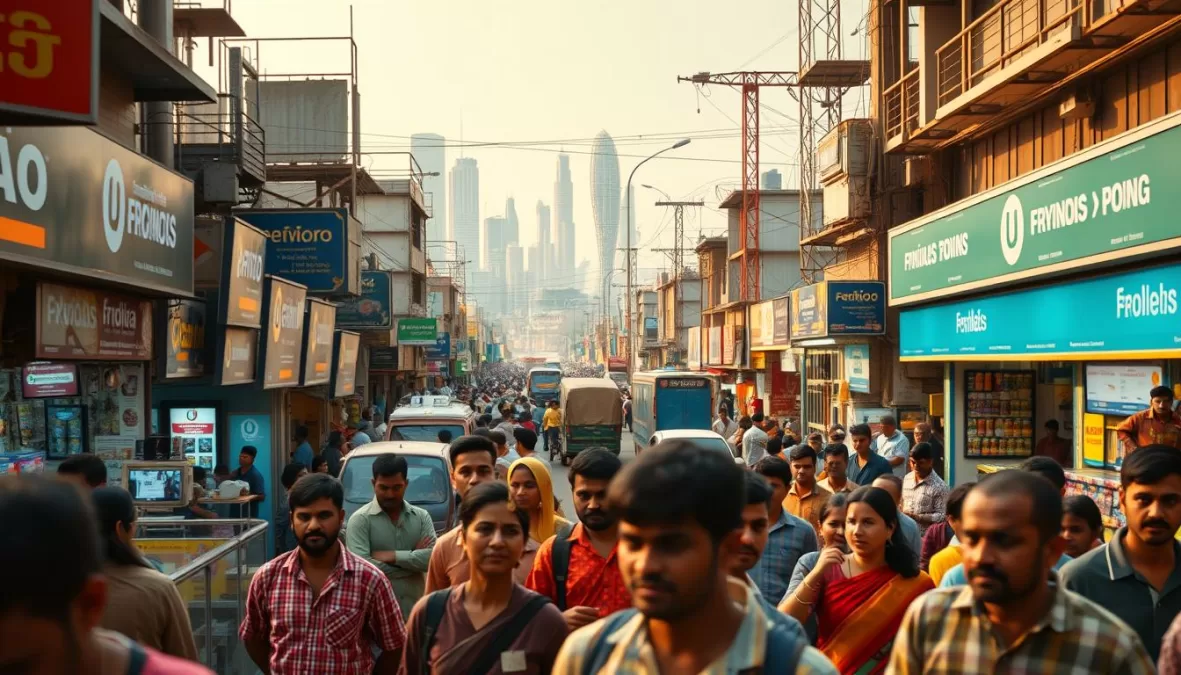
The market’s potential is further underscored by the fact that quick commerce now accounts for over two-thirds of all e-grocery orders in India. As the sector continues to expand into new categories and Tier-2 and Tier-3 cities, its growth trajectory is likely to remain robust.
Blinkit: The Market Leader

Blinkit’s dominance in India’s quick commerce market is a testament to its innovative approach. With a delivery time of 10-20 minutes for thousands of products, Blinkit has set the standard for speed in the industry.
Business Model and Operations
Blinkit’s business model is built around its ability to deliver groceries quickly and efficiently. The company has developed proprietary algorithms that optimize picking, packing, and delivery routes, ensuring that customers receive their orders promptly.
Unique Selling Points
Some of Blinkit’s key USPs include:
- Consistent 10-minute delivery promise across thousands of products.
- A wide product selection with over 5,000 items available for instant delivery.
- Integration with Zomato’s platform for a unified customer experience.
- Focus on customer experience, including easy returns and responsive service.
By emphasizing convenience and speed, Blinkit has become the go-to quick commerce platform in India, offering a seamless delivery experience that meets the evolving needs of its customers.
Zepto: The 10-Minute Delivery Pioneer
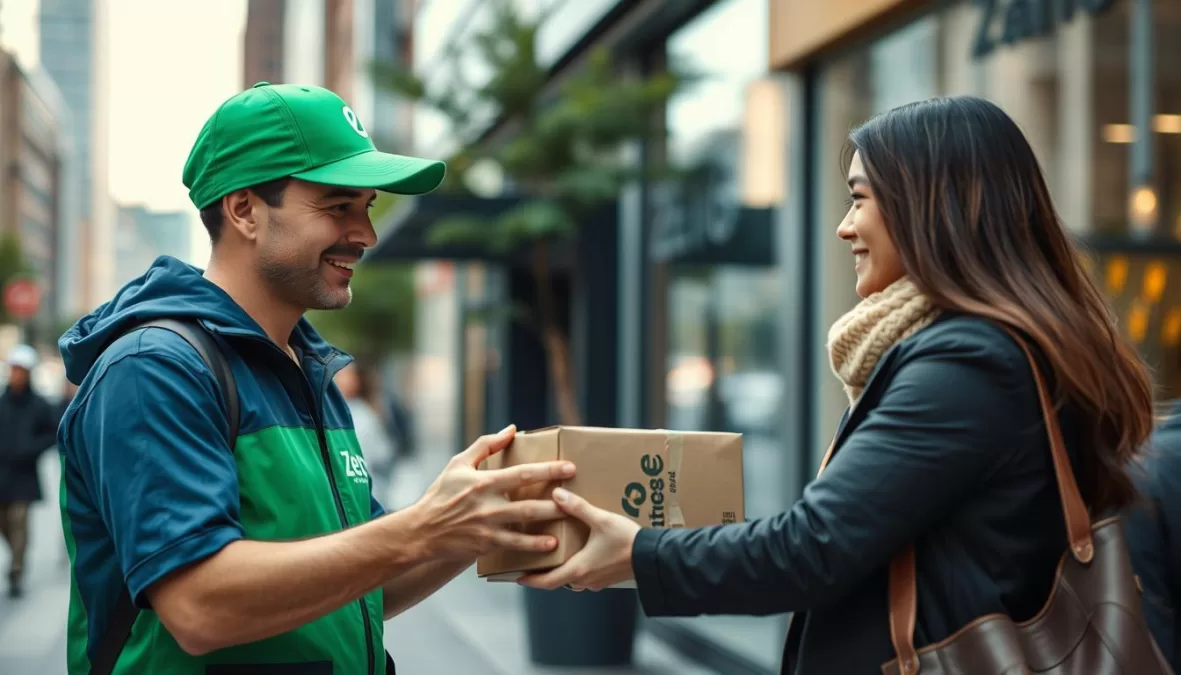
Zepto has revolutionized the quick commerce landscape in India with its 10-minute delivery promise. By leveraging a robust logistics network and advanced technology, Zepto is redefining the e-commerce experience.
Founding Story and Growth
Zepto’s journey began with a vision to provide lightning-fast delivery services. The company has grown rapidly by focusing on densely populated areas and utilizing a network of dark stores or micro-warehouses located near customers.
Technology and Logistics Network
Zepto’s success is largely attributed to its proprietary technology stack, which enables efficient inventory management and delivery route optimization. The company operates over 100 dark stores across India, each serving a 2-3 kilometer radius. Zepto’s logistics network includes thousands of delivery partners using fuel-efficient vehicles, minimizing environmental impact while ensuring quick delivery.
Swiggy Instamart: From Food to Groceries
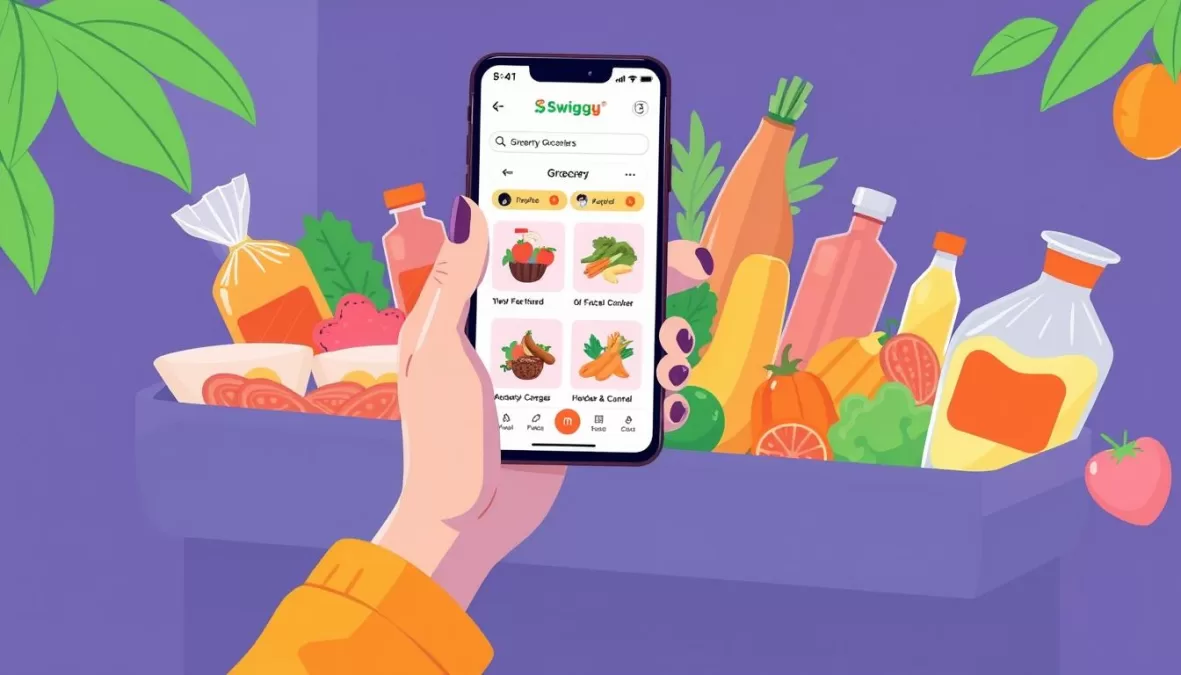
Swiggy Instamart has revolutionized grocery shopping by leveraging Swiggy’s existing food delivery infrastructure. This strategic expansion has enabled Swiggy to diversify its services, catering to a broader range of customer needs.
Integration with Swiggy’s Ecosystem
Swiggy Instamart seamlessly integrates with Swiggy’s existing ecosystem, utilizing the same user interface and login credentials. This integration allows customers to switch between ordering food and groceries with ease, enhancing the overall user experience. By leveraging Swiggy’s extensive delivery network, Instamart can offer quick and reliable grocery delivery, often within a matter of minutes.
Product Range and Service Areas
Instamart offers a wide range of products, including fresh produce, packaged foods, beverages, personal care items, and household essentials. The service operates in over 25 major Indian cities, with plans to expand to more than 100 cities in the coming years. Key features of Swiggy Instamart’s service include:
- A comprehensive product range spanning fresh produce, packaged foods, beverages, personal care items, and household essentials.
- 24/7 service in many locations, catering to late-night and early-morning shopping needs.
- A platform featuring both national brands and local favorites, with a growing selection of premium and organic products.
- Partnerships with local farmers and producers to ensure the freshness of perishable items.
By combining Swiggy’s logistical expertise with a broad product range, Swiggy Instamart is poised to become a leading player in India’s quick commerce market.
Dunzo Daily: The Hyperlocal Delivery Expert
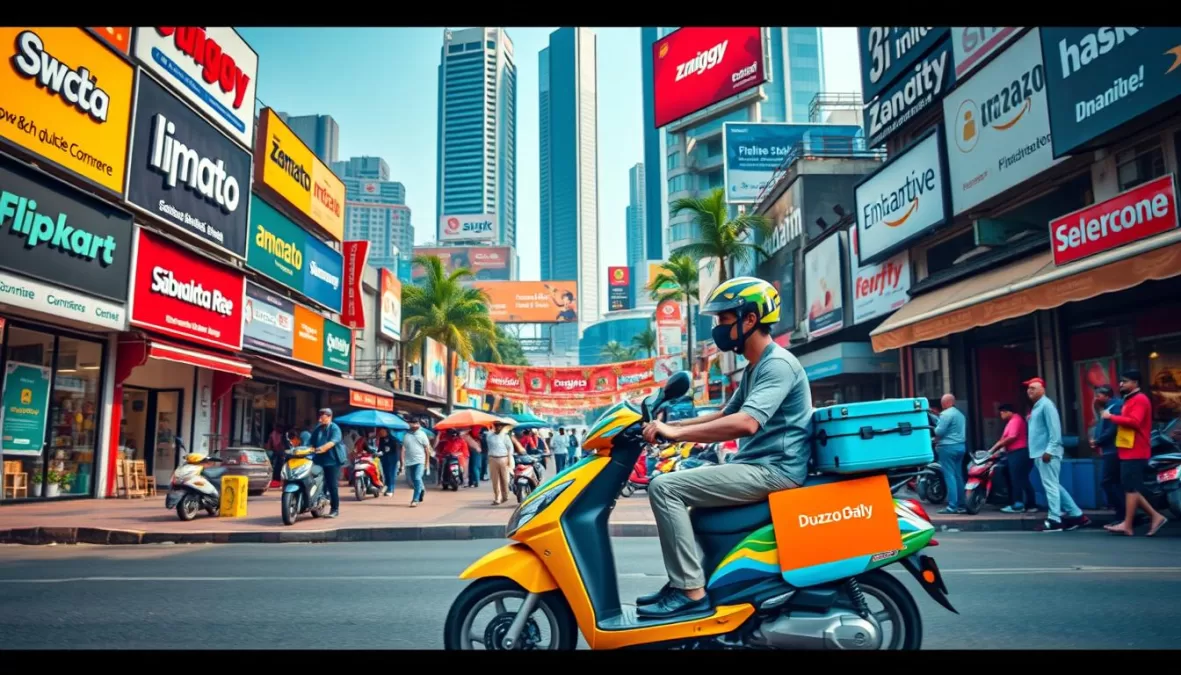
Dunzo Daily’s commitment to quick and efficient delivery has made it a household name in India’s quick commerce market. Its user-friendly platform and reliable service make it a go-to option for customers seeking instant access to essentials, enhancing convenience and satisfaction.
Service Offerings and Coverage
Dunzo Daily offers a wide range of services, including grocery delivery, fresh produce, and household essentials. The company’s extensive coverage ensures that customers can get what they need quickly, often within minutes. Key features include:
- Real-time order tracking, allowing customers to follow their delivery’s progress.
- A robust customer support system with multiple contact channels.
- Quality control for perishable items, with a no-questions-asked replacement policy.
Subscription Plans and Customer Experience
Dunzo Daily offers subscription plans like “Dunzo Pass” that provide benefits such as free delivery, priority service, and exclusive discounts to regular customers, enhancing their overall experience. The company’s intuitive user interface makes ordering quick and simple, with features like saved favorites and reorder options.
By focusing on customer satisfaction and convenience, Dunzo Daily has established itself as a leader in the quick commerce space, catering to the needs of the modern consumer.
BigBasket BB Now: Tata’s Quick Commerce Venture

BigBasket BB Now is revolutionizing the quick commerce space with its robust supply chain and focus on fresh produce. Unlike startups, BigBasket combines traditional warehouse operations with dark stores and local partner stores to fulfill orders quickly.
It’s also known for maintaining a high standard of quality in fresh produce and perishables, which gives it an edge in customer trust.
Integration with BigBasket’s Supply Chain
BigBasket BB Now leverages the company’s extensive supply chain network to ensure timely delivery of groceries and daily essentials. By integrating its quick commerce operations with existing logistics, BB Now achieves faster delivery times.
Fresh Produce Focus and Quality Control
BB Now places special emphasis on fresh produce, with strict quality control measures and temperature-controlled storage facilities to maintain freshness. The company works directly with farmers and agricultural cooperatives to source fruits and vegetables, reducing intermediaries and ensuring higher quality products.
A multi-tier quality check system is implemented where products are inspected at sourcing, warehousing, and before delivery to maintain consistent standards. The service offers a curated selection of organic and pesticide-free produce options, catering to health-conscious consumers.
Flipkart Minutes: Walmart’s Quick Commerce Initiative
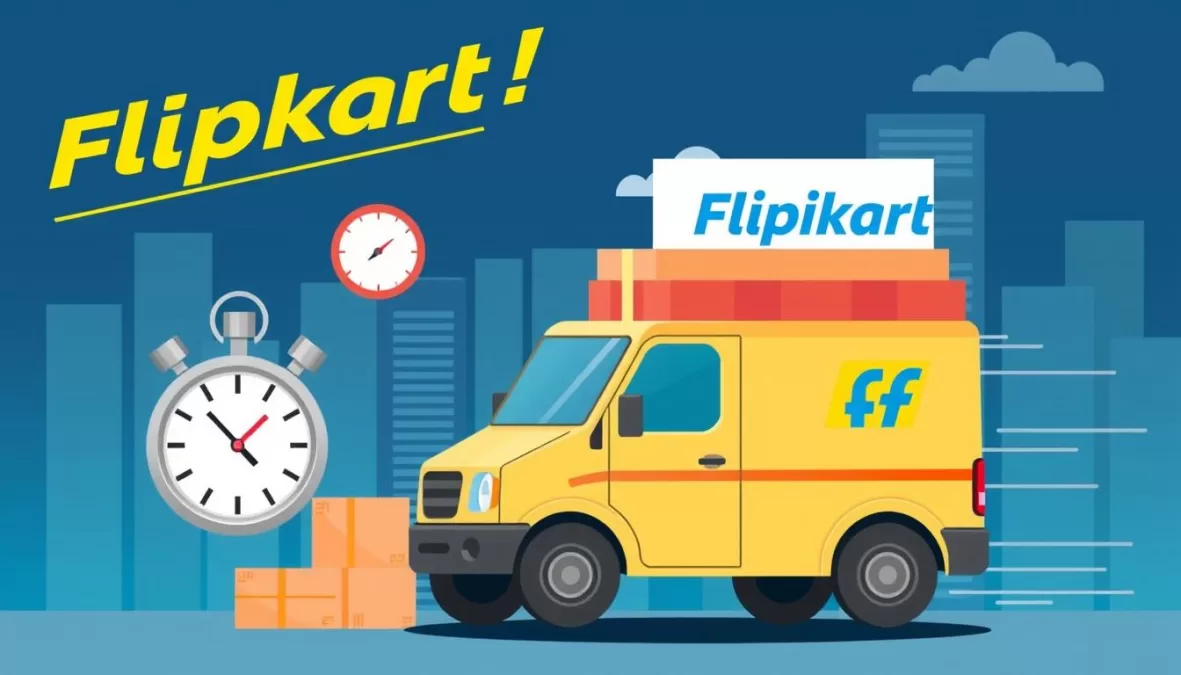
The launch of Flipkart Minutes marks a significant shift in India’s quick commerce industry. Backed by Walmart, Flipkart Minutes is poised to revolutionize the way consumers shop online by offering fast and efficient delivery services.
Evolution from Flipkart Quick
Flipkart Minutes has its roots in Flipkart Quick, a service that was initially designed for quick deliveries. Over time, Flipkart Minutes evolved to incorporate a wider range of products and more sophisticated logistics, leveraging Flipkart’s extensive e-commerce experience.
Key Evolution Highlights:
- Enhanced logistics and supply chain management
- Expansion of product categories beyond groceries
- Integration of advanced technology for predictive analytics
Product Categories Beyond Groceries
Unlike many quick commerce players that focus primarily on groceries, Flipkart Minutes offers a broader range of products, including electronics, mobile phones, and fashion items. This diversification is made possible by Flipkart’s extensive product catalog and vendor relationships, providing quick access to various categories not typically available through other quick commerce platforms.
The service promises fast delivery of these items, with options like “flash delivery” for high-demand electronics, delivering them within 30 minutes in select areas. By expanding beyond groceries, Flipkart Minutes is positioning itself as a comprehensive quick commerce solution.
JioMart Express: Reliance’s Quick Commerce Platform
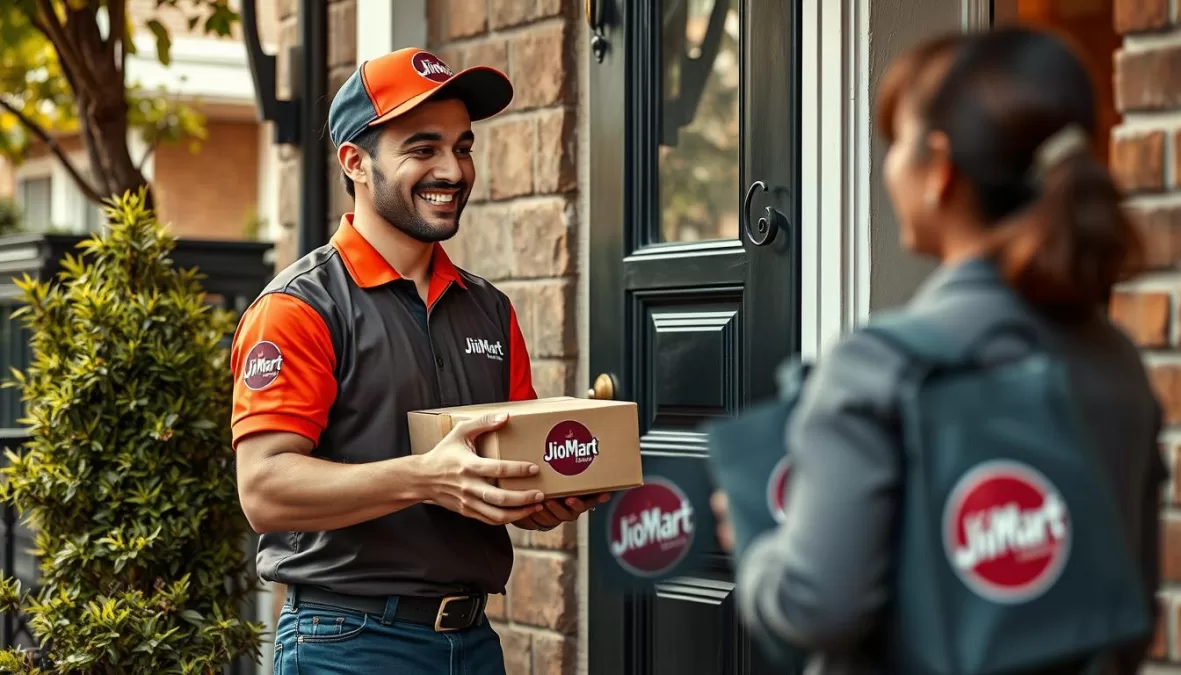
JioMart Express is revolutionizing the quick commerce landscape in India with its commitment to speed and accessibility. As a key component of Reliance’s retail strategy, it leverages the company’s extensive retail network and logistical capabilities.
Integration with Reliance Retail Ecosystem
JioMart Express is deeply integrated with Reliance’s retail ecosystem, allowing it to offer a wide range of products to customers. This integration enables seamless inventory management and efficient order fulfillment, enhancing the overall customer experience.
Pricing Strategy and Market Expansion
The service employs an aggressive pricing strategy, often offering products at competitive prices to rapidly gain market share in the quick commerce space. JioMart Express is expanding beyond major metropolitan areas to include Tier-2 and Tier-3 cities where Reliance already has a strong retail presence.
Key features of JioMart Express include:
– Using a dynamic pricing model that adjusts based on demand, time of day, and delivery distance.
– Leveraging Reliance’s deep understanding of Indian consumer preferences to tailor product offerings.
– Implementing a phased expansion strategy to perfect operations in each market before moving to new cities.
Amazon Fresh: Global Giant’s Quick Commerce Play
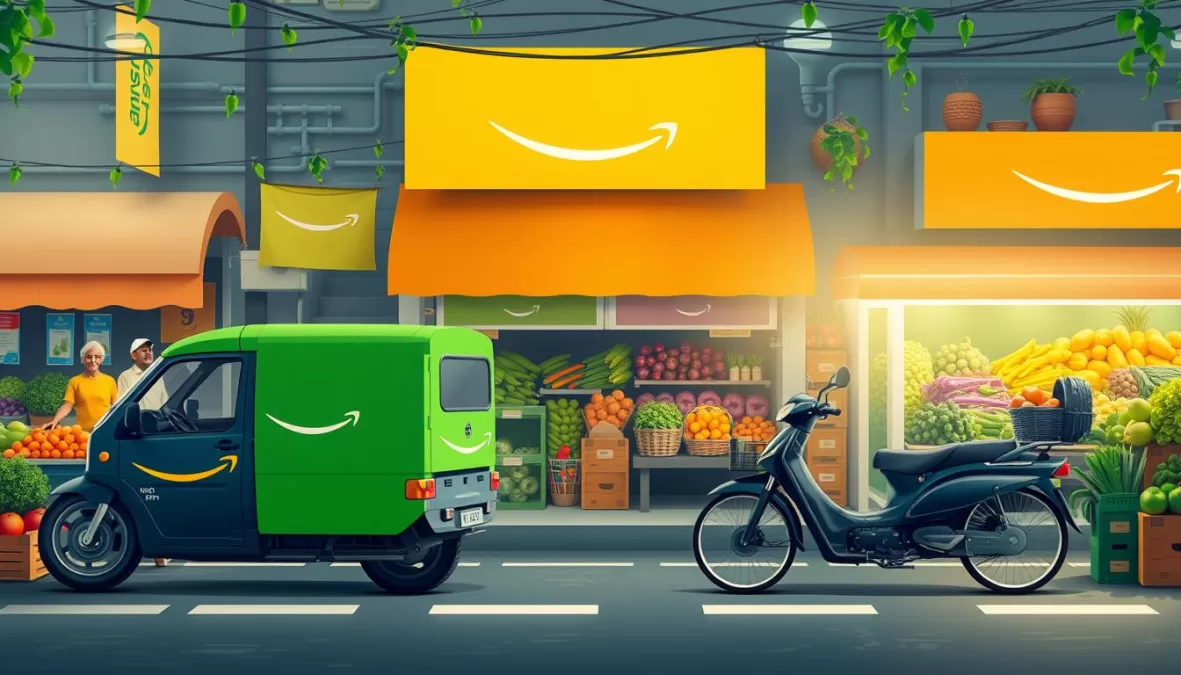
Amazon is revolutionizing the quick commerce landscape in India with its innovative approach to fast delivery. With the introduction of Amazon Fresh, the company is leveraging its global expertise to cater to the growing demand for rapid grocery delivery.
Amazon’s Approach to Quick Commerce
Amazon’s foray into quick commerce is characterized by its strategic use of technology and logistics. The company is focusing on providing a seamless customer experience by ensuring that orders are fulfilled quickly and efficiently. This approach involves utilizing advanced logistics and supply chain management to minimize delivery times.
Key Features of Amazon’s Quick Commerce Strategy:
- Utilization of micro-fulfillment centers to reduce delivery distances.
- Implementation of advanced technology to streamline the order fulfillment process.
- Curated selection of high-demand products to meet customer needs.
Amazon Tez: The Ultra-Fast Delivery Pilot
As part of its quick commerce initiative, Amazon has launched an ultra-fast delivery pilot called Amazon Tez. This service promises deliveries within 10-15 minutes in select neighborhoods of Bangalore. Initially focused on groceries and daily essentials, Amazon Tez is expected to expand into other categories as it scales up.
The pilot program is a significant step in Amazon’s efforts to revolutionize the quick commerce sector in India.
Key Highlights of Amazon Tez:
- Offering 10-15 minute deliveries in select Bangalore neighborhoods.
- Focusing on a curated selection of approximately 2,000 high-demand products.
- Utilizing electric bikes and scooters for sustainable delivery options.
Myntra Now: Fashion at Your Doorstep

Myntra’s latest venture, Myntra Now, is changing the game for urban fashionistas. The move underscores Myntra’s focus on blending convenience with style in the competitive retail space.
Fashion-Focused Quick Commerce Model
Myntra Now operates on a fashion-focused quick commerce model, catering to the urgent needs of urban consumers. The service is designed to provide last-minute outfits for social events, meetings, or special occasions, making it a go-to solution for fashion-forward individuals.
Target Audience and Urban Presence
Myntra Now primarily targets urban professionals aged 18-35 who are looking for quick and stylish solutions. The service is currently available in select neighborhoods of major metropolitan cities like Mumbai, Delhi, Bangalore, and Hyderabad, with plans for expansion. By strategically positioning its quick commerce fulfillment centers near areas with high fashion consumption and disposable income, Myntra Now is well-positioned to capture the target audience.
The platform’s urban focus allows it to offer a curated selection of fashion items that align with city-specific trends and preferences, enhancing the shopping experience for its customers. As a result, Myntra Now is poised to become a leading player in the quick commerce space, driven by its ability to meet the evolving needs of the modern consumer.
Top 10 Quick Commerce Companies in India: Comparison
A comparison of the top 10 quick commerce companies in India reveals diverse approaches to achieving rapid delivery and customer satisfaction. These companies are leveraging advanced logistics and technology to minimize delivery times and enhance customer experience.
Delivery Speed and Coverage Areas
The top quick commerce companies in India are distinguished by their delivery speed and coverage areas. Companies like Zepto and Blinkit have set benchmarks with their ultra-fast delivery services, often delivering within 10-15 minutes. Their extensive network of dark stores and micro-warehouses enables them to cover a wide area, ensuring timely deliveries.
| Company | Delivery Speed | Coverage Areas |
|---|---|---|
| Zepto | 10 minutes | Major cities |
| Blinkit | 10-15 minutes | Major cities and suburbs |
| Swiggy Instamart | 30-60 minutes | Major cities and tier 2 towns |
Product Range and Specialization
The product range and specialization vary significantly among these companies. While some like BigBasket’s BB Now focus on groceries, others like Myntra Now specialize in fashion. Swiggy Instamart and Blinkit offer a wide range of products, including groceries and household essentials, leveraging their strong inventory management systems.
- Zepto: Groceries, household essentials
- Blinkit: Groceries, personal care, household essentials
- Myntra Now: Fashion and apparel
Technology and Innovation
Innovation is at the heart of quick commerce, with companies employing cutting-edge technology to optimize their operations. Zepto uses a proprietary algorithm to achieve 10-minute deliveries, while Amazon Fresh utilizes AI and robotics in its fulfillment centers. Blinkit’s advanced inventory management systems predict demand patterns, reducing stockouts.
“The future of quick commerce lies in its ability to innovate and adapt to changing consumer needs.”
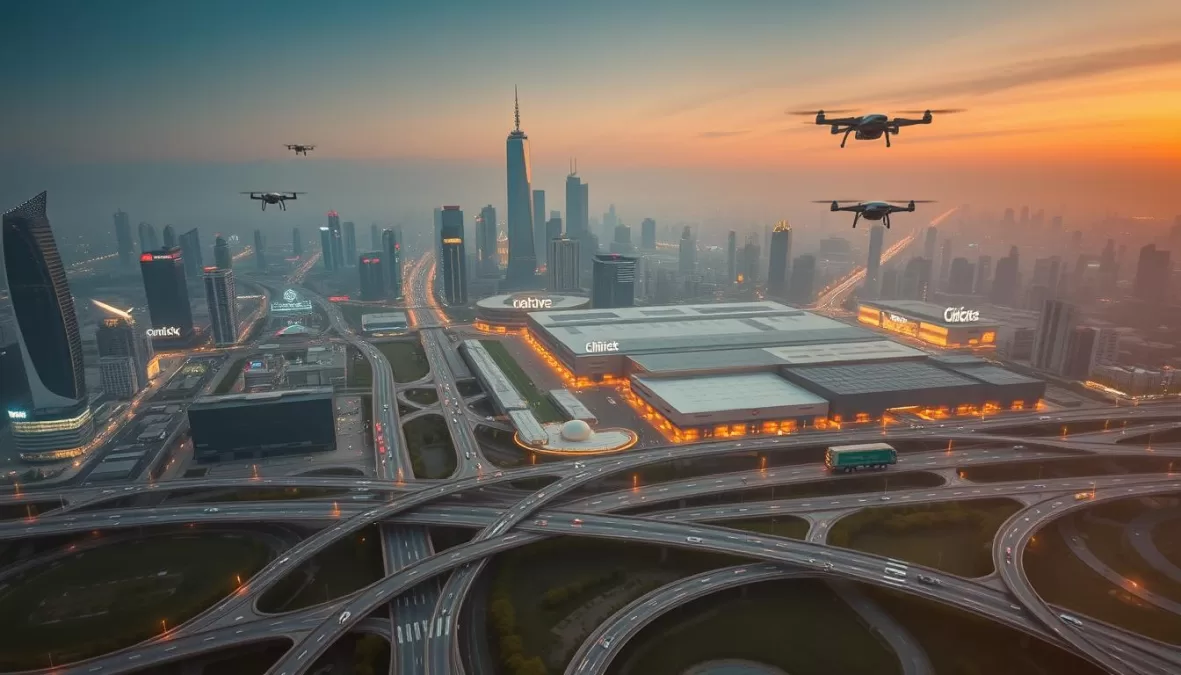
The use of AI, real-time tracking, and seamless app interfaces enhances the customer experience and operational efficiency. As the quick commerce landscape continues to evolve, the integration of advanced logistics and technology will remain crucial for companies aiming to lead in this competitive market.
Conclusion
As the quick commerce industry continues to mature, it’s clear that the companies leading the charge are those that balance innovation with operational efficiency. The quick commerce revolution in India has fundamentally transformed consumer expectations about delivery speed and convenience, setting a new standard for retail experiences.
Each of the top 10 quick commerce companies brings unique strengths to the market, whether through technological innovation, specialized product offerings, or integration with larger retail ecosystems. The sector continues to evolve rapidly, with companies expanding beyond groceries into categories like electronics, pharmaceuticals, and fashion to meet diverse consumer needs.
Despite challenges related to profitability, sustainability, and operational efficiency, the future of quick commerce in India looks promising as urban consumers increasingly prioritize convenience and time-saving. As the market matures, we can expect consolidation among players, greater emphasis on unit economics, and continued innovation in delivery methods and customer experience, shaping the commerce landscape.
The quick commerce and commerce industries are expected to redefine shopping experiences, enhancing the retail sector. With a focus on delivery, these companies are poised to lead the way in India’s commerce future.

